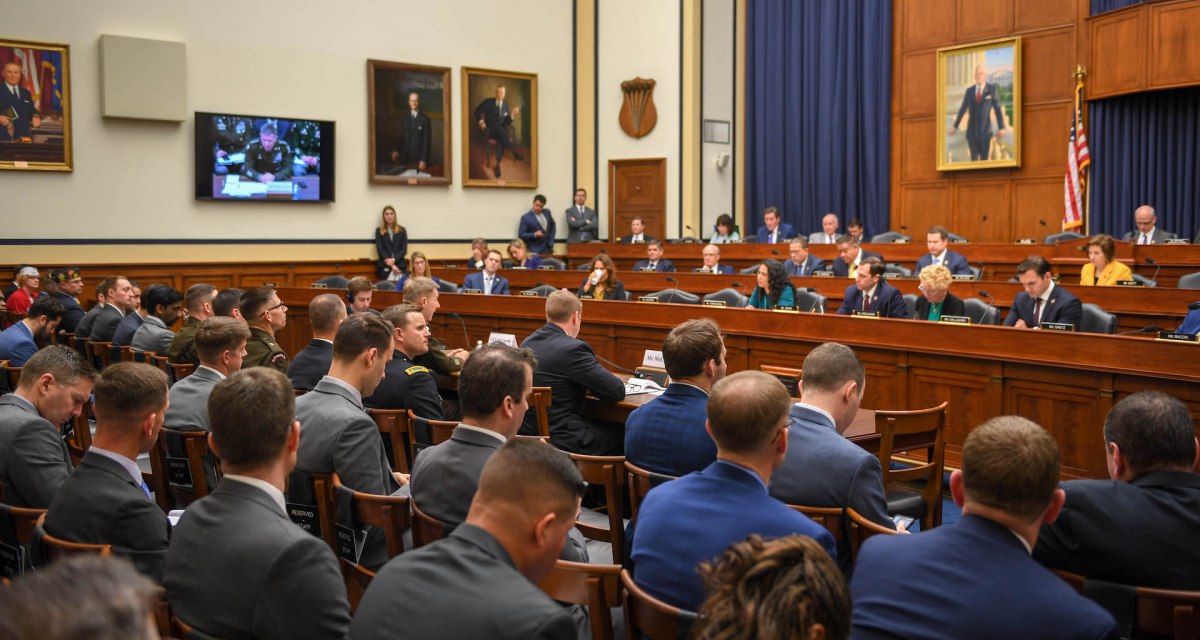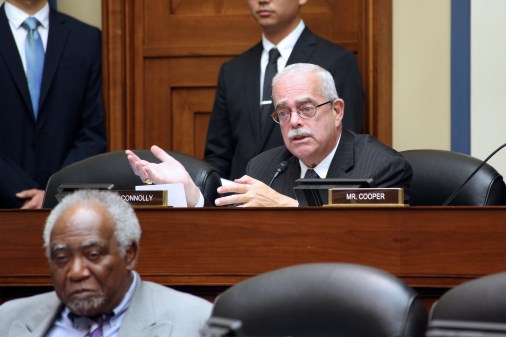Lawmakers want Joint AI Center directly under deputy secretary of Defense

A House draft of the fiscal 2021 National Defense Authorization Act would put the Joint Artificial Intelligence Center directly under the deputy secretary of Defense and install a new board of directors to oversee the young office.
The proposals from the House Armed Services Intelligence and Emerging Threats and Capabilities Subcommittee are intended to expand the JAIC’s profile as its influence reaches more parts of the military. The office continues to receive positive attention from Congress, including other indications from leaders that they intend to boost its budget and acquisition authority.
Putting the JAIC under the deputy secretary of Defense would essentially move it one step up the chain of command. It currently resides in the Office of the Chief Information Officer, which reports to the deputy secretary. The change aims to “ensure data access and visibility” for the JAIC, the subcommittee said.
The JAIC’s board of directors would consist of both high-ranking military officials, civilians in the department and private sector leaders. The board would be designed to help steer the center towards fielding AI technology across the department. The bill would also direct the comptroller general of the DOD to figure out just how many different AI initiatives are taking place across the military in different AI-focused offices.
Work on the NDAA continues this week in the House at the subcommittee level. The Senate Armed Services Committee approved its version earlier in June.
Other tech provisions
Other tech-related proposals in the subcommittee draft of the bill include:
• Having the undersecretary for research and engineering to find and fill quantum workforce gaps to improve the DOD’s quantum computing developments.
• The Defense Innovation Unit, the military’s Silicon Valley-based rapid acquisitions team, would need to create a “talent optimization marketplace” for reservists and National Guardsmen interested in cyber-related fields.
• DOD CIO would be directed to study and expand an already-in-place program that allow technical experts to use paid DOD time to teach in cyber-focused education in local communities.
• To increase Congressional oversight of DOD IT, the secretary of Defense would need to report to congress monthly on IT “cross domain compromises,” and biannually report IT policy exemptions. “The intent is to establish a baseline for legislative oversight on areas where the Department of Defense has accepted risk to its networks and systems,” the draft bill states.




